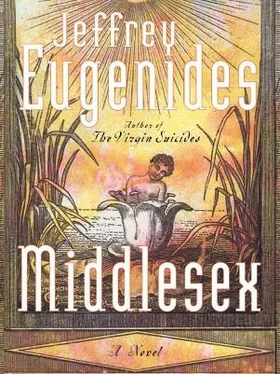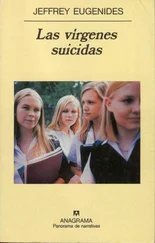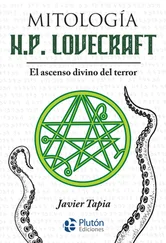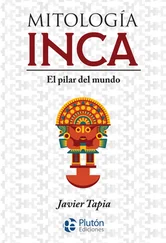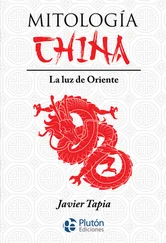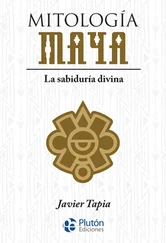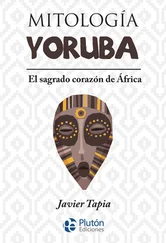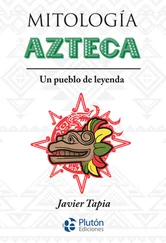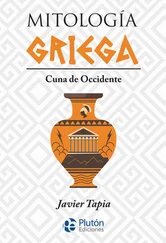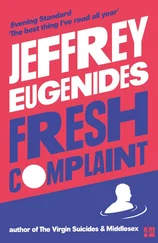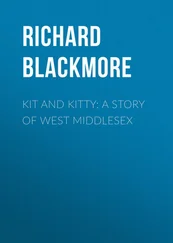By the time I came out of Ed’s Barbershop, I was a new creation. The other people passing through the bus station, to the extent they noticed me at all, took me for a student at a nearby boarding school. A prep school kid, a touch arty, wearing an old man’s suit and no doubt reading Camus or Kerouac. There was a kind of beatnik quality to the Durenmatt’s suit. The trousers had a sharkskin sheen. Because of my height I could pass for older than I was, seventeen, maybe eighteen. Under the suit was a crew neck sweater, under the sweater was an alligator shirt, two protective layers of parental money next to my skin, plus the golden Wallabees on my feet. If anyone noticed me, they thought I was playing dress-up, as teenagers do.
Inside these clothes my heart was still beating like mad. I didn’t know what to do next. Suddenly I had to pay attention to things I’d never paid any attention to. To bus schedules and bus fares, to budgeting money, to worrying about money, to scanning a menu for the absolutely cheapest thing that would fill me up, which that day in Scranton turned out to be chili. I ate a bowl of it, stirring in multiple packets of crackers, and looked over the bus routes. The best thing to do, it being fall, was to head south or west for the winter, and because I didn’t want to go south I decided to go west. To California. Why not? I checked to see what the fare would be. As I feared, it was too much.
Throughout the morning it had drizzled on and off, but now the clouds were breaking up. Across the desperate eatery, through the rain-greased windows and beyond the access road that bounded a strip of sloping littered grass, ran the Interstate. I watched the traffic whizzing along, feeling less hungry now but still lonely and scared. The waitress came over and asked if I wanted coffee. Though I had never had a cup of coffee before, I said yes. After she served it to me, I doctored it with two packets of creamer and four of sugar. When it tasted roughly like coffee ice cream, I drank it.
From the terminal buses were steadily pulling out, leaving gassy trails. Down on the highway cars sped along. I wanted to take a shower. I wanted to lie down in clean sheets and go to sleep. I could get a motel room for $9.95, but I wanted to be farther away before I did that. I sat in the booth for a long time. I couldn’t see my way to the next step. Finally, an idea occurred to me. Paying my bill, I left the bus terminal. I crossed the access road and shuffled down the slope. I set down my suitcase on the shoulder and, stepping out to face the oncoming traffic, tentatively stuck out my thumb.
My parents had always cautioned me against hitchhiking. Sometimes Milton pointed out stories in the newspaper detailing the gruesome ends of coeds who had made that mistake. My thumb was not very high in the air. Half of me was against the idea. Cars sped past. No one stopped. My reluctant thumb was shaking.
I had miscalculated with Luce. I thought that after talking to me he would decide that I was normal and leave me alone. But I was beginning to understand something about normality. Normality wasn’t normal. It couldn’t be. If normality were normal, everybody could leave it alone. They could sit back and let normality manifest itself. But people—and especially doctors—had doubts about normality. They weren’t sure normality was up to the job. And so they felt inclined to give it a boost.
As for my parents, I held them blameless. They were only trying to save me from humiliation, lovelessness, even death. I learned later that Dr. Luce had emphasized the medical risk in letting my condition go untreated. The “gonadal tissue,” as he referred to my undescended testes, often became cancerous in later years. (I’m forty-one now, however, and so far nothing has happened.)
A semi appeared around the bend, blowing black smoke from an upright exhaust pipe. In the window of the red cab the driver’s head was bouncing like the head of a doll on a spring. His face turned in my direction, and as the huge truck roared past, he engaged the brakes. The rear wheels of the cab smoked a little, squealed, and then twenty yards ahead of me the truck was waiting.
Lifting my suitcase, with a wild excitement, I ran up to the truck. But when I reached it I stopped. The door looked so high up. The huge vehicle sat rumbling, shuddering. I couldn’t see the driver from my vantage point and stood paralyzed with indecision. Then suddenly the trucker’s face appeared in the window, startling me. He opened the door.
“You coming up or what?”
“Coming,” I said.
The cab was not clean. He had been traveling for some time and there were food containers and bottles strewn around.
“Your job is to keep me awake,” the trucker said.
When I didn’t respond right away he looked over at me. His eyes were red. Red, too, were the Fu Manchu mustache and the long sideburns. “Just keep talking,” he said.
“What do you want to talk about?”
“Fuck-all if I know!” he shouted angrily. But just as suddenly: “Indians! You know anything about Indians?”
“American Indians?”
“Yeah. I pick up a lot of Injuns when I drive out west. Those are some of the craziest motherfuckers I ever heard. They got all kinds of theories and shit.”
“Like what?”
“Like some of ’em say they didn’t come over the Bering land bridge. Are you familiar with the Bering land bridge? That’s up there in Alaska. Called the Bering Strait now. It’s water. Little sliver of water between Alaska and Russia. Long time ago, though, it was land, and that’s where the Indians came over from. From like China or Mongolia. Indians are really Orientals.”
“I didn’t know that,” I said. I was feeling less scared now than before. The trucker was apparently taking me at face value.
“But some of these Indians I pick up, they say their people didn’t come over the land bridge. They say they come from a lost island, like Atlantis.”
“Join the club.”
“You know what else they say?”
“What?”
“They say it was Indians wrote the Constitution . The U.S. Constitution !”
As it turned out, he did most of the talking. I said very little. But my presence was enough to keep him awake. Talking about Indians reminded him about meteors; there was a meteor in Montana that the Indians considered sacred, and soon he was telling me about the celestial sights a trucker’s life acquainted a person with, the shooting stars and comets and green rays. “You ever seen a green ray?” he asked me.
“No.”
“They say you can’t take a picture of a green ray, but I got one. I always keep a camera in the cab in case I come across some mind-blowing shit like that. And one time I saw this green ray and I grabbed my camera and I got it. I’ve got the picture at home.”
“What is a green ray?”
“It’s the color the sun makes when it rises and sets. For two seconds. You can see it best in the mountains.”
He took me as far as Ohio and let me off in front of a motel. I thanked him for the ride and carried my suitcase up to the office. Here the suit also came in useful. Plus the expensive luggage. I didn’t look like a runaway. The motel clerk may have had doubts about my age, but I laid money on the counter right away, and the key was forthcoming.
After Ohio came Indiana, Illinois, Iowa, and Nebraska. I rode in station wagons, sport cars, rented vans. Single women never picked me up, only men, or men with women. A pair of Dutch tourists stopped for me, complaining about the frigidity of American beer, and sometimes I got rides from couples who were fighting and tired of each other. In every case, people took me for the teenage boy I was every minute more conclusively becoming. Sophie Sassoon wasn’t around to wax my mustache, so it began to fill in, a smudge above my upper lip. My voice continued to deepen. Every jolt in the road dropped my Adam’s apple another notch in my neck.
Читать дальше
Конец ознакомительного отрывка
Купить книгу
